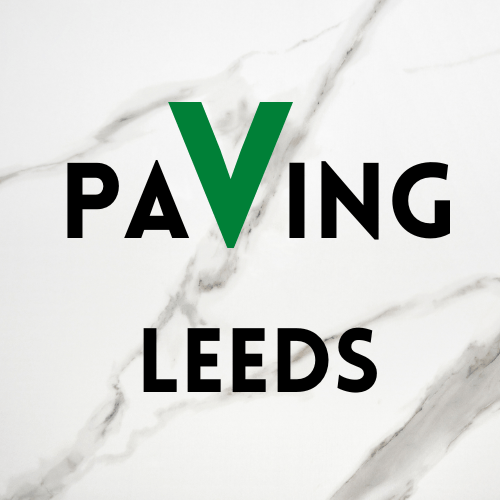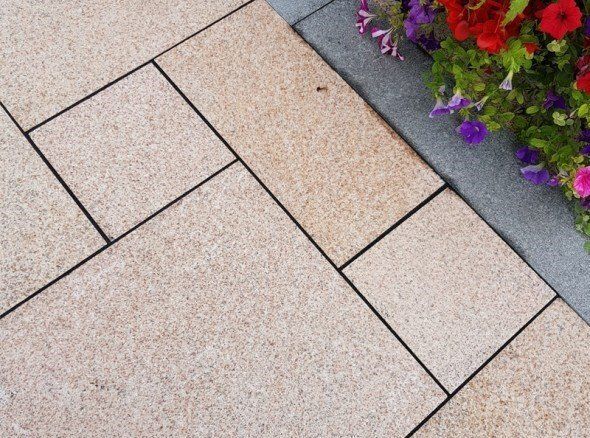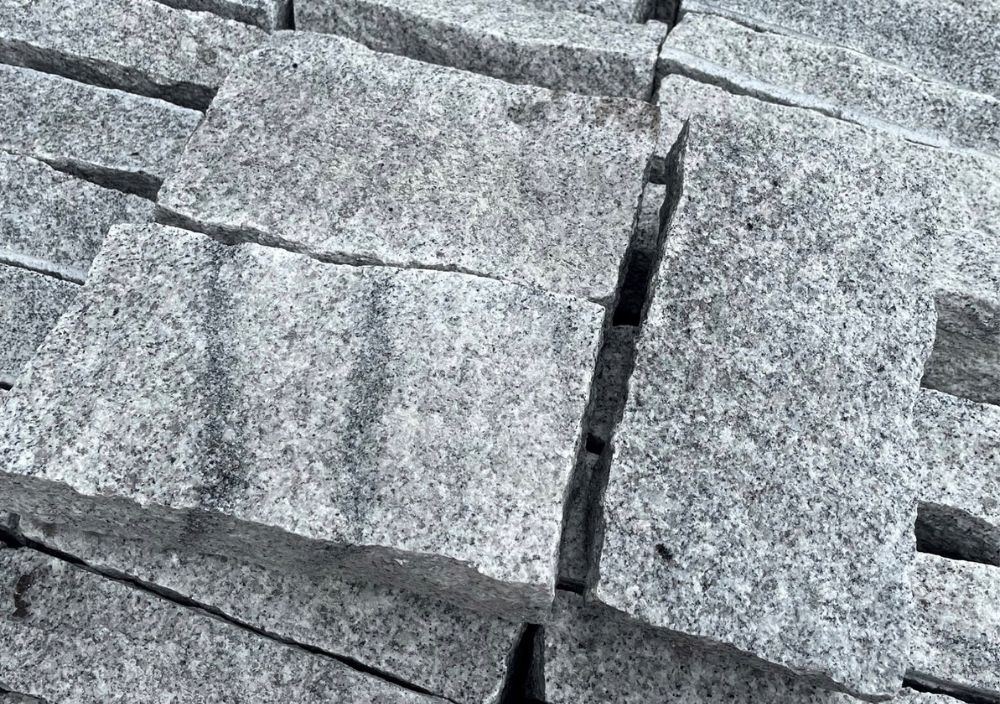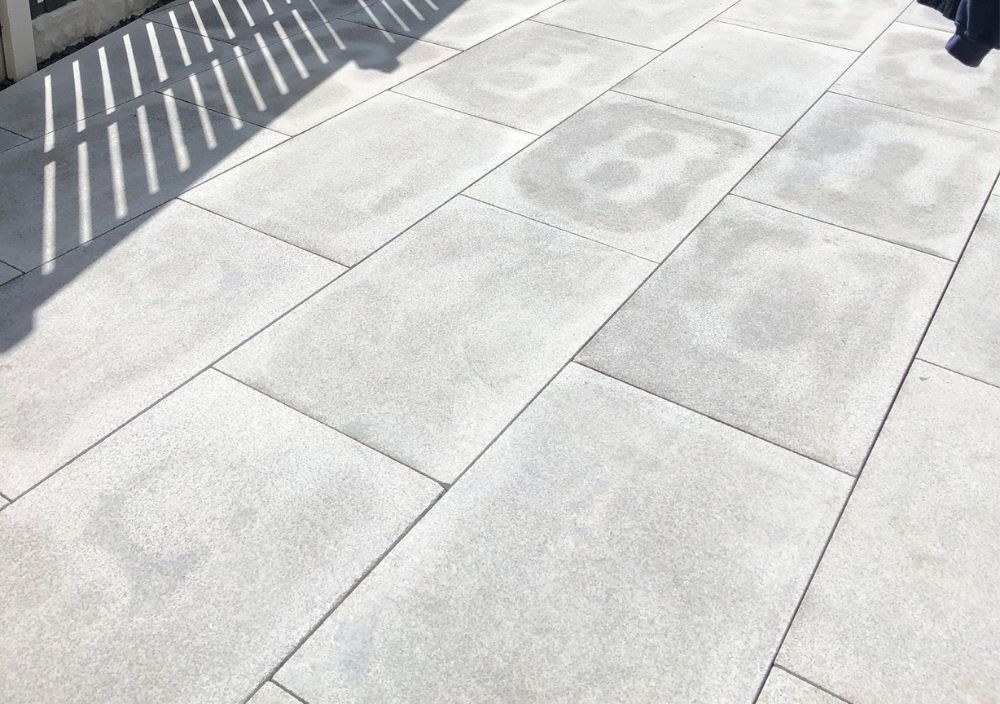Granite Paving Leeds
Granite Paving
Granite is a natural paving material and is very hard wearing. Traditionally it has been used for many years to provide a form of cobbled paving and due to it's hard wearing attributes is often used as a driveway surface. For driveways smaller brick or cobbled paving stones are use as a block paving. However, granite paving is now available in many more shapes, sizes and finishes and due to it's hardwearing scratch resistant and non-slip surface , it is superbly suited for patios and pathways.
As stones and slabs are cut from natural granite deposits, rather than man made, this will mean that there will be unique subtle variances from one stone to another. It is often this non-uniform characteristics which make it so popular for many garden styles. It provides a rugged natural look and colours can vary amongst shades of greys, blacks, roses and yellows. With larger slabs, following additional flame finishing which aids it's slip resistant quality and also brings out the mineral deposits that can catch the sunlight and provide a subtle sparkle finish.
Granite Paving Options
Granite paving comes in many dramatically different forms. Since it is so durable it is commonly used for driveways. For driveways the granite stones are often small and brick sized as they are fitted as a block paving. Compared to standard block paving which used very uniformed bricks using granite instead gives a more traditional look and is especially popular for period properties. The granite bricks can either come as cobbles or setts. The difference between the two is the shape and finish, cobles are much rounded and have softer edges whilst the setts are rough cut and are much more angular.
Whilst the smaller sizes can be used as pathways and as an edging in gardens when looking at granite for paving and patios you really need to be looking at paving slabs. These will typically range from very light greys to dark greys but as mentioned, you will also be able to find red and yellow shades too. As well as the typical rectangular slab, granite paving can quite often be found cut into longer thinner paving slabs - somewhere between a plank and a slab. These look great either as the main patio or as a boarder to another shade granite paving.
Looking after Granite Paving
Most manufacturers will recommend sealing granite to ensure that it stays looking like new for as long as possible. As with most surface treatments it needs to be applied to a clean surface. Cleaning granite is similar to most paving types with initial brushing off of loose dirt and then followed up pressure washing. Since the sealant will act as a protective layer it protects what's underneath it so it's important to clean you paving as best you can otherwise what you leave behind will be sealed in. Ideally you should check the status of the jointing between the slabs and deal with any topping up and touching up first.
Applying sealing is fairly straight forward but you will have a few choices regarding sealants. Some come with a hint of colour to enhance paving which has faded over tie by the sun. However, if you are sealing new paving you are likely to simply protect the natural colour of your granite and a clear sealant will be ideal.
The are a couple of main options regarding the type of sealant that can be used, either a resin based sealant or a water based one. So what's the difference between the two? Application of both is similar so roller, brush or sprayed onto the surface of the granite will coat the slab. The water based sealant provides more of an outer protective coating so does wear off quicker over time and will therefore near re-sealing on a more frequent basis but is the cheaper option. The resin based sealant penetrates deeper in to the stone so provides more all round protection but both are great at protecting your granite from stains, weathering and water absorption.
Need help?



